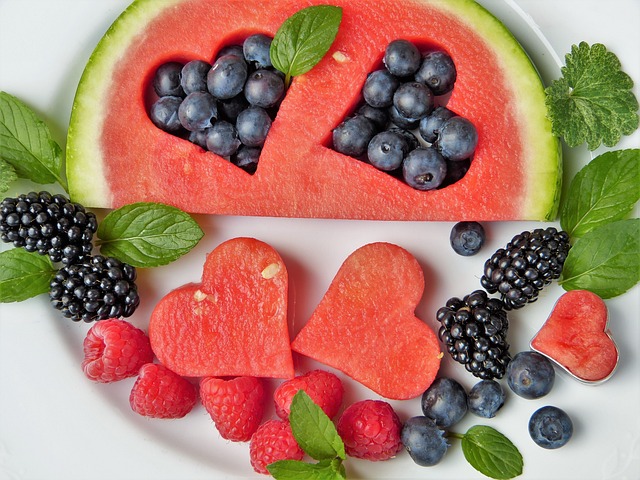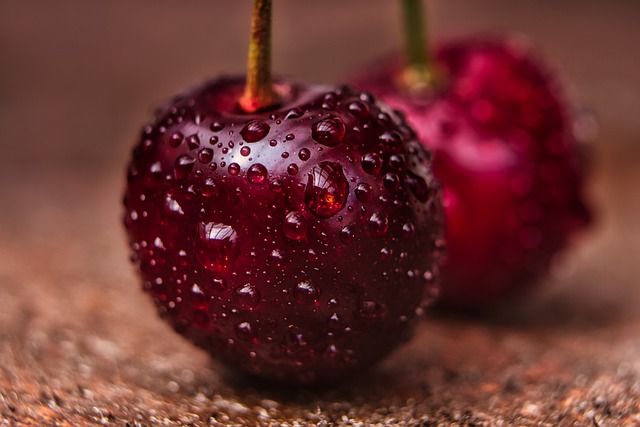Unpacking Prebiotics: The Key to Unlocking Your Probiotic Potential
Probiotics have been getting a lot of buzz in recent years, thanks to their ability to support gut health and aid in digestion. But did you know that prebiotics are just as important when it comes to unlocking the full potential of probiotics?
What Are Prebiotics?
Prebiotics are a type of dietary fiber that help feed the beneficial bacteria in your gut. Basically, they serve as food for probiotics, helping them to thrive and multiply.
Most prebiotics are non-digestible, meaning they pass through your digestive system without being broken down. They are found in a variety of foods, including:
- Chicory root
- Dandelion greens
- Jerusalem artichoke
- Garlic
- Onions
- Leeks
- Bananas
- Apples
Prebiotics are also available in supplement form, and are often combined with probiotics to create a synbiotic supplement that supports overall gut health.
The Benefits of Prebiotics
While probiotics get a lot of the attention, prebiotics play an equally important role in gut health. Here are just a few of the benefits of consuming prebiotics:
- Improved digestion: Prebiotics help support the growth of good bacteria in your gut, which can improve overall digestion and nutrient absorption.
- Stronger immune system: Your gut is home to a large portion of your immune system, and consuming prebiotics can help keep your gut healthy and your immune system strong.
- Reduced inflammation: Studies have shown that consuming prebiotics can help reduce inflammation in the body, which is linked to a variety of chronic health conditions.
- Lowered risk of disease: Consuming prebiotics has been linked to a lower risk of a variety of chronic diseases, including type 2 diabetes and heart disease.
How to Get More Prebiotics in Your Diet
If you’re looking to boost your prebiotic intake, there are a few simple steps you can take:
- Eat more fiber: Many prebiotic foods are high in fiber, so focus on incorporating more fruits, vegetables, and whole grains into your diet.
- Add more prebiotic-rich foods to your diet: As mentioned earlier, there are a variety of foods that are naturally high in prebiotics, including garlic, onions, and bananas.
- Consider a prebiotic supplement: If you’re not getting enough prebiotics from your diet, consider adding a prebiotic supplement to your routine.
It’s also worth noting that while prebiotics are generally considered safe, consuming too much fiber too quickly can cause digestive discomfort in some people. If you’re new to consuming prebiotics, start with small amounts and gradually increase your intake over time.
The Bottom Line
While probiotics get a lot of attention for their role in gut health, prebiotics are just as important when it comes to unlocking their full potential. By consuming more prebiotics, you can support the growth of beneficial bacteria in your gut, improve digestion, boost your immune system, and lower your risk of chronic disease.







